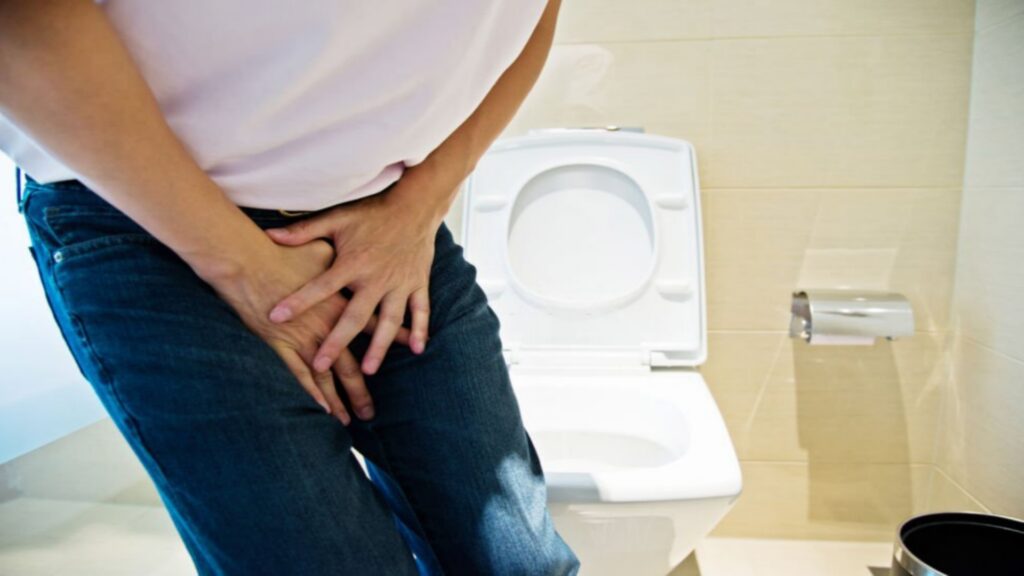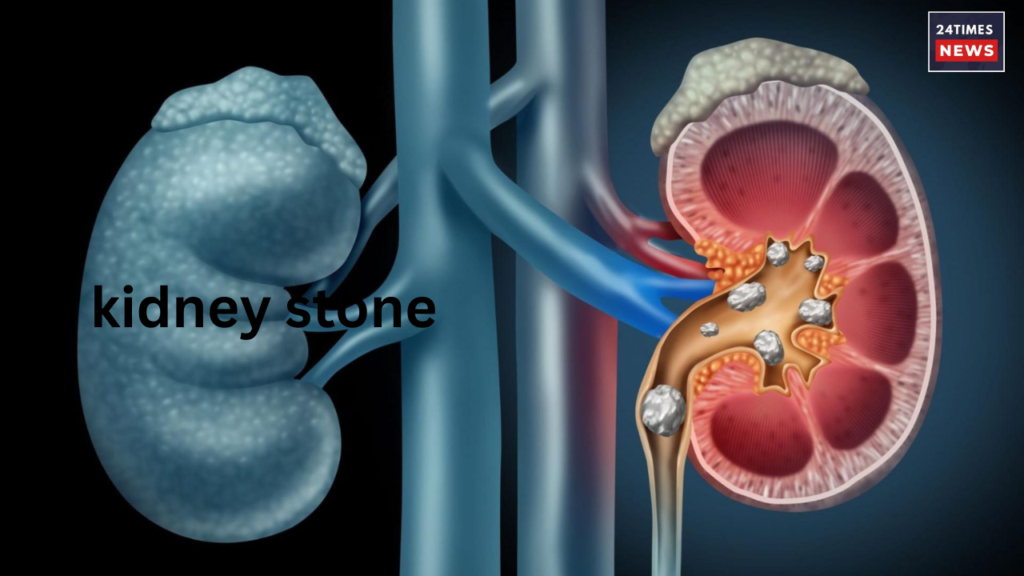Health
Kidney stones are becoming increasingly common due to unhealthy eating habits, dehydration, and sedentary lifestyles. They are hard deposits made of minerals and salts that form inside your kidneys. Although they may start small, kidney stones can cause severe pain and health complications if not treated in time. Recognizing the early symptoms is essential to seek proper treatment before the problem worsens.
Here are some important signs that may indicate the presence of a kidney stone:

1. Severe Pain in the Lower Back or Side
One of the most common and noticeable symptoms of kidney stones is intense pain in the lower back or side, usually just below the ribs. The pain may also radiate to the lower abdomen and groin. This discomfort comes in waves and may fluctuate in intensity as the stone moves within the urinary tract.
2. Painful Urination
A burning or stinging sensation while urinating can be a clear sign of a kidney stone, especially when the stone moves from the kidney to the bladder. This happens because the stone irritates the inner lining of the urinary tract.
3. Frequent Urge to Urinate
If you feel the constant urge to urinate but only pass small amounts each time, it may indicate a stone obstructing the urinary path. The feeling of incomplete urination is often a red flag and should not be ignored.

4. Blood in Urine
Blood in the urine, medically known as hematuria, can appear pink, red, or brown. This is caused by the stone scratching or damaging the internal walls of the urinary system. Even if the bleeding is not visible, laboratory tests may detect traces of blood.
5. Nausea and Vomiting
The intense pain and blockage in the urinary tract due to kidney stones can affect the digestive system as well. Nausea and vomiting are common side effects that occur due to shared nerve connections between the kidneys and gastrointestinal tract.
6. Cloudy or Foul-Smelling Urine
A noticeable change in urine color or smell could be a sign of a kidney stone or even an infection. Cloudy urine or a strong odor is often a sign that the stone is creating a buildup of bacteria or other particles.

7. Fever and Chills
Although not as common, fever and chills can indicate a kidney infection due to a blockage caused by a stone. This is a serious symptom that requires immediate medical attention.
Prevention and Treatment
Drinking plenty of water, reducing salt intake, and avoiding foods high in oxalates like spinach and nuts can help prevent kidney stones. If you suspect you have one, consult a doctor immediately. In many cases, small stones pass on their own, but larger ones may require medical procedures or surgery.
Your body gives signals when something is wrong. If you notice any of the symptoms mentioned above, don’t ignore them. Early detection of kidney stones can help you avoid severe pain and long-term health issues. Stay hydrated, eat a balanced diet, and listen to your body it knows when something isn’t right.
Your body gives signals when something is wrong. If you notice any of the symptoms mentioned above, don’t ignore them. Early detection of kidney stones can help you avoid severe pain and long-term health issues. Stay hydrated, eat a balanced diet, and listen to your body it knows when something isn’t right.





